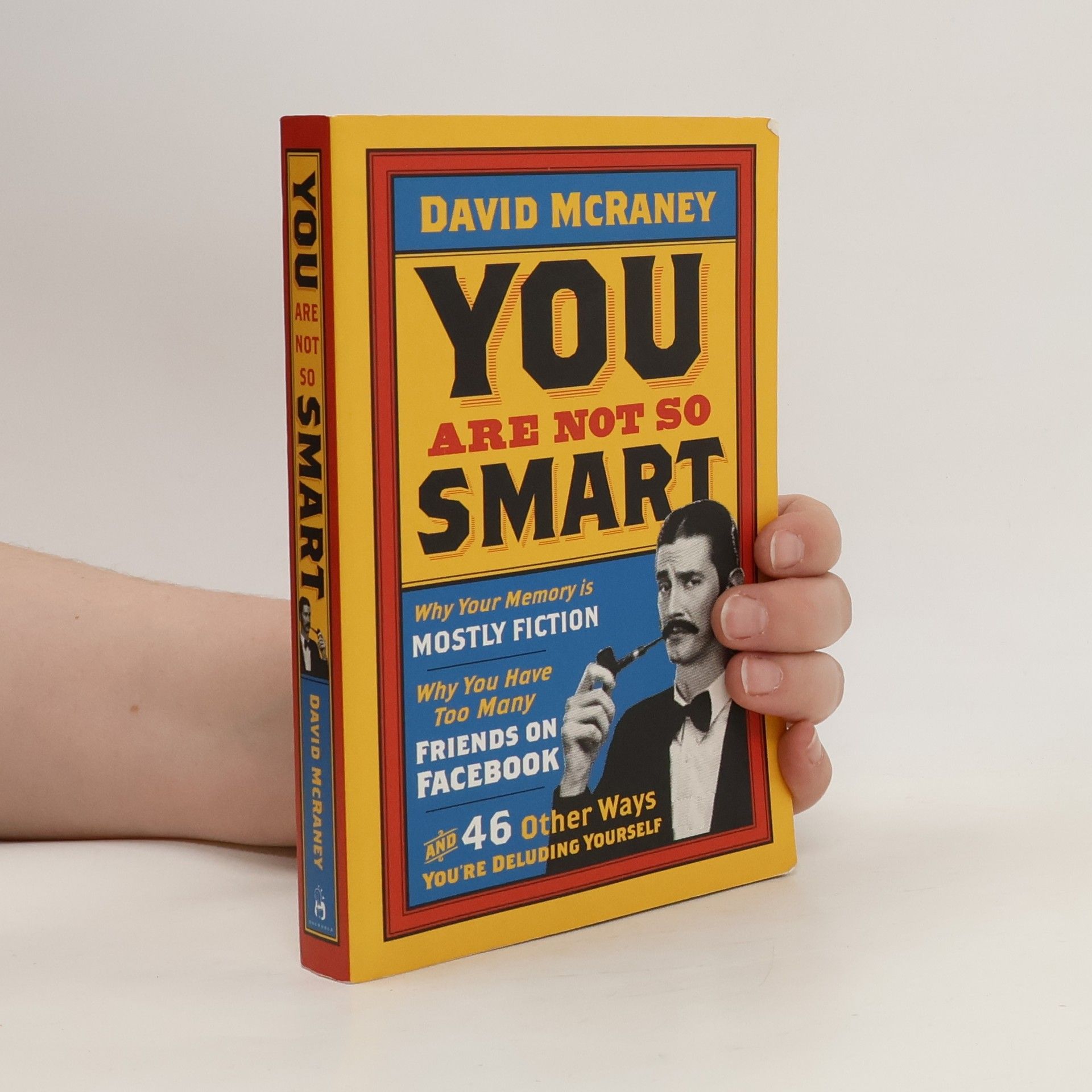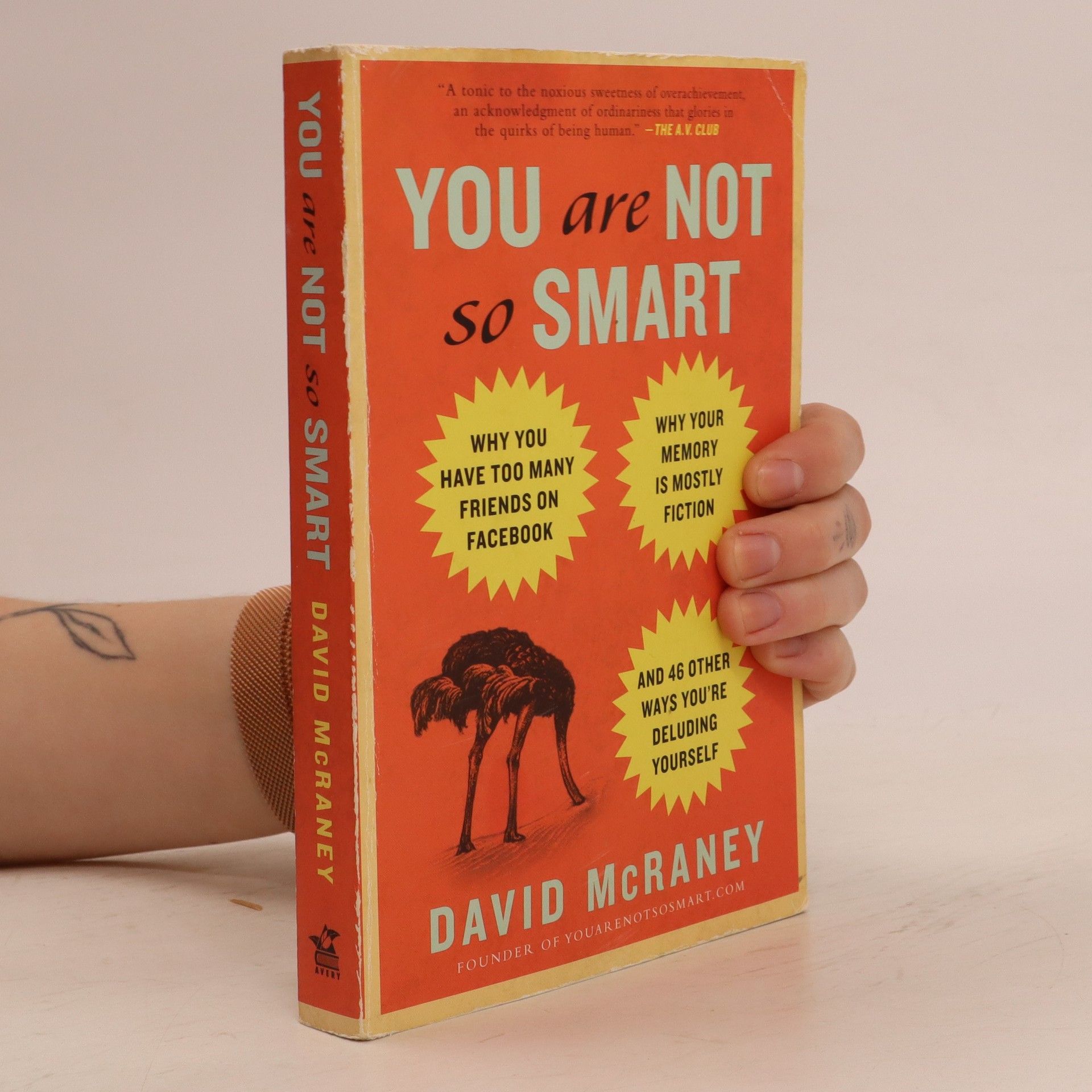Ako sa menia názory
- 368 pages
- 13 hours of reading
Kniha roka 2022 Porchlight Marketing and Sales sa zaoberá psychológiou zmien názorov a skúma, prečo niektorí ľudia nikdy nemenia svoje presvedčenia, zatiaľ čo iní to robia okamžite. Autor, David McRaney, sa na základe osobnej skúsenosti, keď zmenil svoj názor na udalosti 11. septembra, pýta, ako presviedčať a prečo veríme. Ponorí sa do najnovšieho výskumu psychológov a neurovedcov, pričom skúma hranice logického myslenia, moc skupinového myslenia a účinky hĺbkovej agitácie. Kniha je písaná s humorom, súcitom a vedeckou zvedavosťou, pričom sa zaoberá rôznymi skupinami, od členov kultu po politických aktivistov, a núti nás zamyslieť sa nad našimi vlastnými presvedčeniami. McRaney sa pýta, či môžeme v ére konšpiračných teórií konať s empatiou. Jeho naratív dospieva k prekvapujúcim a provokatívnym záverom o transformácii názorov. McRaney, známy svojím blogom YOU ARE NOT SO SMART a populárnym podcastom YANSS, prednáša o neracionálnom myslení a sebaklame. Kniha je optimistickým a inšpiratívnym čítaním, ktoré ponúka pohľad na to, ako môžeme lepšie chápať a počúvať názory iných.






